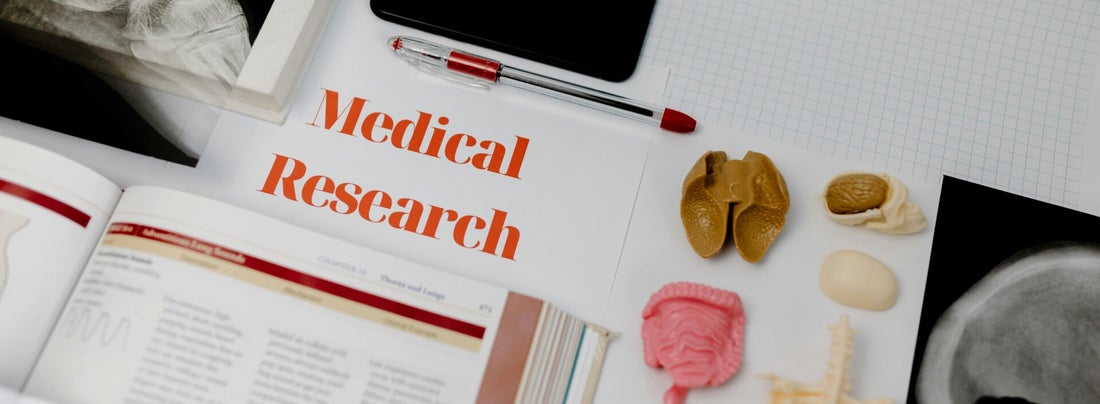Why Lifestyle Interventions Matter in Brain Health
Lifestyle factors such as exercise, nutrition, stress management, sleep and spirituality, play a critical role in how neurological diseases progress and how people feel day to day.
Decades of research now confirm what many patients have sensed for years: you are not powerless. While medications are essential, they are only part of the picture. The choices we make daily can either support or strain the brain.

Exercise Is Medicine for the Brain
Multiple studies have shown that regular, targeted exercise slows motor decline, boosts mood, and supports neuroplasticity, which is the brain’s ability to adapt and rewire itself.
Leading neurologists now recommend that vigorous exercise be treated as a core part of Parkinson’s care—not just for symptom relief, but as a strategy to possibly slow progression. As noted in an evidence-based review published in the journal of Neurology, "[The] overall body of evidence suggests that vigorous exercise should be accorded a central place in our treatment of PD. It should be encouraged and emphasized as a potential strategy for a more favorable disease course."¹
¹ Ahlskog JE. Does vigorous exercise have a neuroprotective effect in Parkinson disease? Neurology. 2011 Jul 19;77(3):288-94. PMC3136051
The Power of Prevention & Slowing Progression
Many risk factors for conditions affecting the brain are modifiable, even after diagnosis.
According to the Lancet Commission on Dementia Prevention, Intervention, and Care 2024 report, up to 40% of dementia cases may be preventable by addressing modifiable lifestyle factors.² These include:
-
Physical inactivity
-
Poor diet and obesity
-
Smoking and excessive alcohol use
-
Depression and chronic stress
-
Hearing loss, social isolation, and low education
Although this research focused on dementia, these same risk factors also impact Parkinson’s disease, Multiple Sclerosis, and other neurodegenerative conditions. Lifestyle changes won’t cure these diseases—but they can meaningfully slow progression, improve function, and enhance quality of life.
² Dementia prevention, intervention, and care: 2024 report of the Lancet standing Commission. Livingston, Gill et al. The Lancet, Volume 404, Issue 10452, 572 - 628

The Role of Nutrition for the Brain
Nutrition is one of the most overlooked therapies in neurological care. But emerging data suggests that anti-inflammatory, antioxidant-rich diets—such as the Mediterranean Diet—may support brain health and slow disease progression.
In a survey³ of over 1500 people with Parkinson's disease looking at lifestyle factors associated with the slowest and fastest progression; it was found that:
- People with Parkinson’s who consumed more fresh vegetables, nuts, fish, olive/coconut oil, and fresh fruit scored better on measures of disease progression.
- Diets high in sugar, dairy, and fried foods were linked to worse outcomes.
³ Mischley, Laurie K., Lau, Richard C., Bennett, Rachel D., Role of Diet and Nutritional Supplements in Parkinson’s Disease Progression, Oxidative Medicine and Cellular Longevity,2017, 6405278, 9 pages,2017.

Where Science Meets Hope
You didn’t choose this diagnosis. But you can choose to nourish your body, strengthen your brain, and support your medications with evidence-based lifestyle changes.
My programs are built on:
-
Real science
-
Practical application
-
Compassionate coaching
-
Faith-led encouragement (I pray for all of my clients!)
I am here to walk beside you with tools that work.
For more information and pricing
Book a FREE 45-minute wellness consultation with me today!


Create Your Own Website With Webador